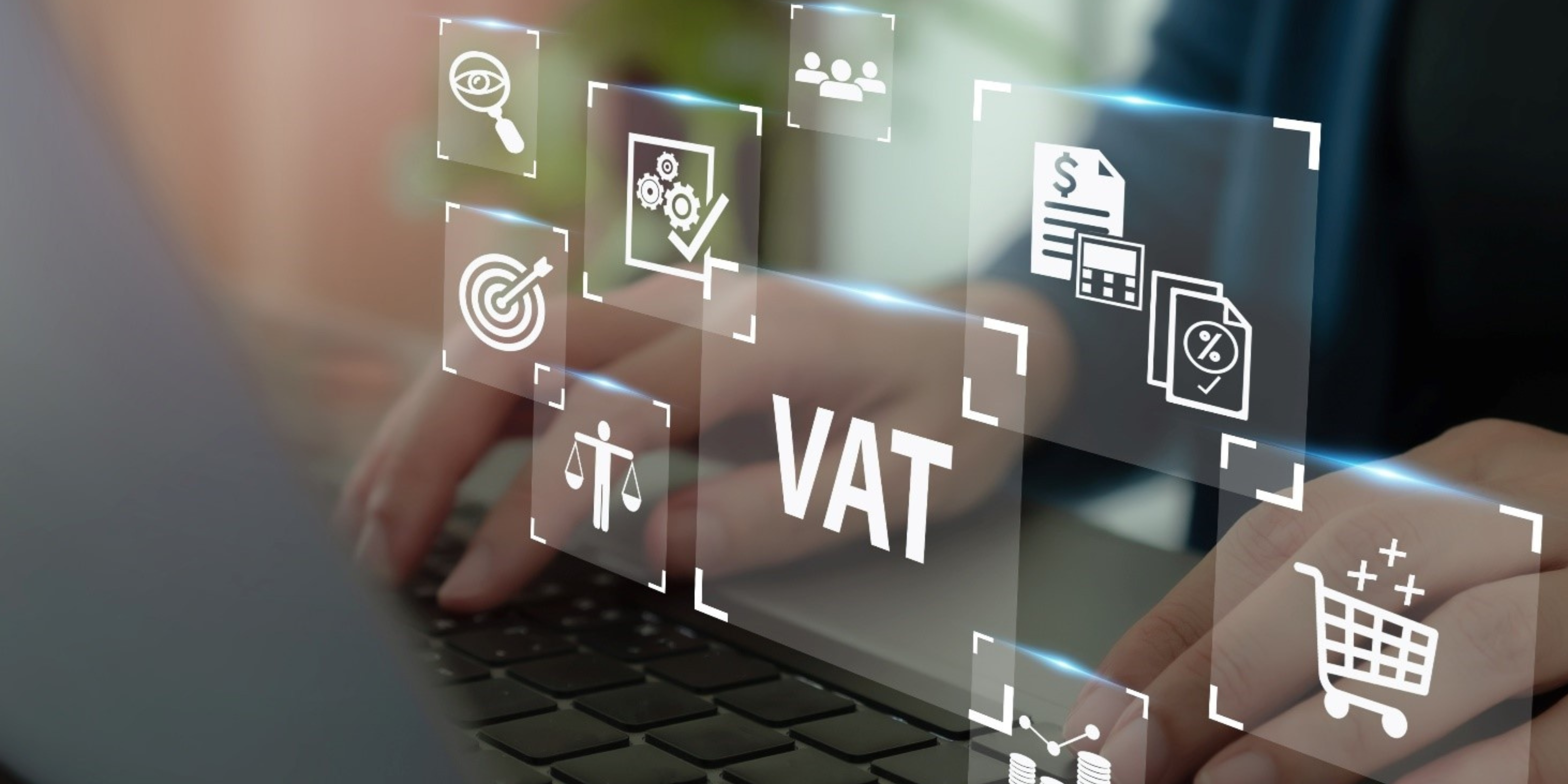
Sharon Parker, 1 August 2023

If you’re a newly trading business or still in the initial set-up phase, you may be under the impression that VAT registration isn’t something you need to be concerned with at this early stage. To put things in context, a UK business is required to register for VAT when its taxable supplies (broadly speaking, sales that would be either chargeable to VAT or zero-rated if the business were VAT registered) reaches £85,000 in a rolling 12-month period or is anticipated in a standalone 30-day period.
You may believe that you don’t have a requirement to register for VAT for any of the following reasons:
However, what businesses often do not realise is that it is not only taxable supplies that counts towards the VAT registration threshold, but also certain purchases that are received from overseas. This is explained below.
The ‘place of supply’ rules direct where different types of services are treated as supplied for VAT. This determines in which country the VAT is chargeable and under which country’s tax regime the VAT must be accounted for. Where a UK business receives services from a supplier belonging outside the UK, the default VAT treatment (which applies to most types of services) is that they are treated as supplied where they are received, i.e. in the UK. This means that UK VAT must be accounted for.
Rather than the overseas supplier being required to register for VAT in the UK, the UK business that receives the services is required to self-account for the VAT on the services under what is known as the ‘reverse charge mechanism’.
However, what many businesses do not realise is that these ‘reverse charge’ services purchased from overseas also count towards the VAT registration threshold.
An example of how these rules could result in a requirement to register for VAT is as follows:
A new business in the UK is a wholly owned subsidiary of a US company and has commenced operations as a provider of online banking services to UK customers, for which it has invoiced its customers £90,000 in its first 12 months of trading. It has been advised that its services fall to be treated as VAT exempt, and on this basis the business is satisfied that this sales income does not count towards the VAT registration threshold.
However, the business has also purchased the following services from suppliers who all belong outside of the UK:
All the services received above fall to be treated under the reverse charge, which means they all count towards the UK business’s VAT registration threshold, even though they are services that the business has received rather than sales it has made.
Since the business exceeded the VAT registration threshold of £85,000 at the end of May 2023, it had a requirement to notify HMRC of this by 30 June and should have been registered for VAT with effect from 1 July.
Going forward, the business will then be required to charge VAT at 20% on any taxable supplies it makes in the UK. Since its main business activities of supplying online banking services to UK customers remains VAT exempt, it will not be required to account for VAT on these services.
However, it will be required to self-account for VAT on reverse charge services it receives from outside the UK after it is registered for VAT.
If we assume that in the business’s first VAT year following registration it incurs costs from overseas that mirror the purchases it made in the period prior to VAT registration, it will be required to account for £87,000 x 20% = £17,400 output VAT. This should be accounted for in the relevant VAT quarters when the supplies are received.
The VAT that is self-accounted for on the reverse charge supplies should simultaneously be treated as ‘input VAT’ incurred on purchases, meaning that it will be recoverable in line with the rules of partial exemption. On the basis that the business only makes exempt supplies, none of the self-accounted reverse charge VAT will be recoverable, thereby resulting in a cost of £17,400 to the business.
The rules on VAT registration and VAT recovery are extremely complex and it is essential to seek professional VAT advice right from the beginning of the start-up phase. We can assist by advising on the registration requirement and the application of the place of supply rules in order to achieve VAT compliance and to avoid unnecessary surprises. We can also advise on how to optimise the VAT position in terms of structuring and contribute towards the business plan and commercial arrangements. VAT is a major consideration and if appropriate advice is not sought from the outset, it can result in significant unforeseen costs. For a confidential chat, please reach out to Sharon Parker (sharon.parker@lubbockfine.co.uk).